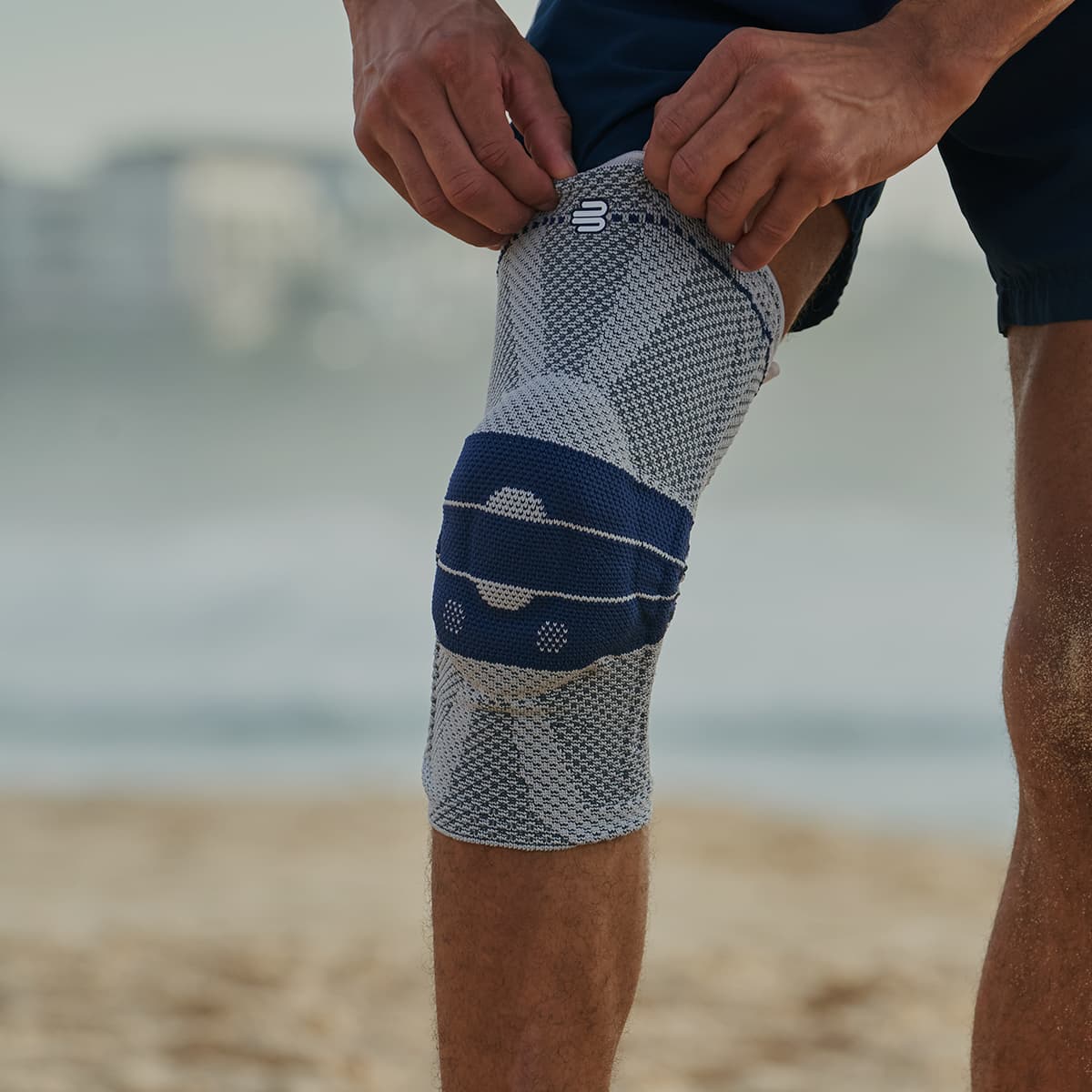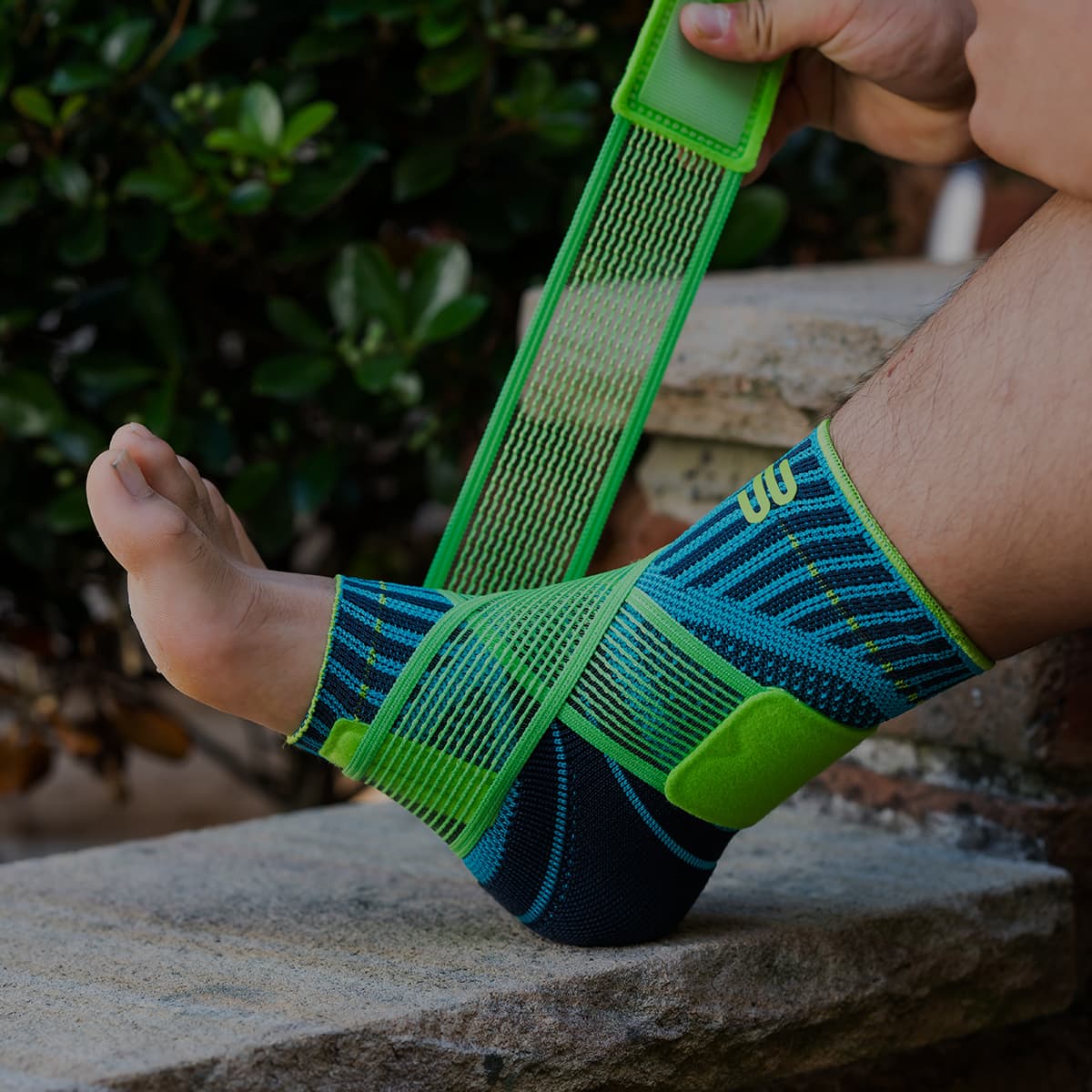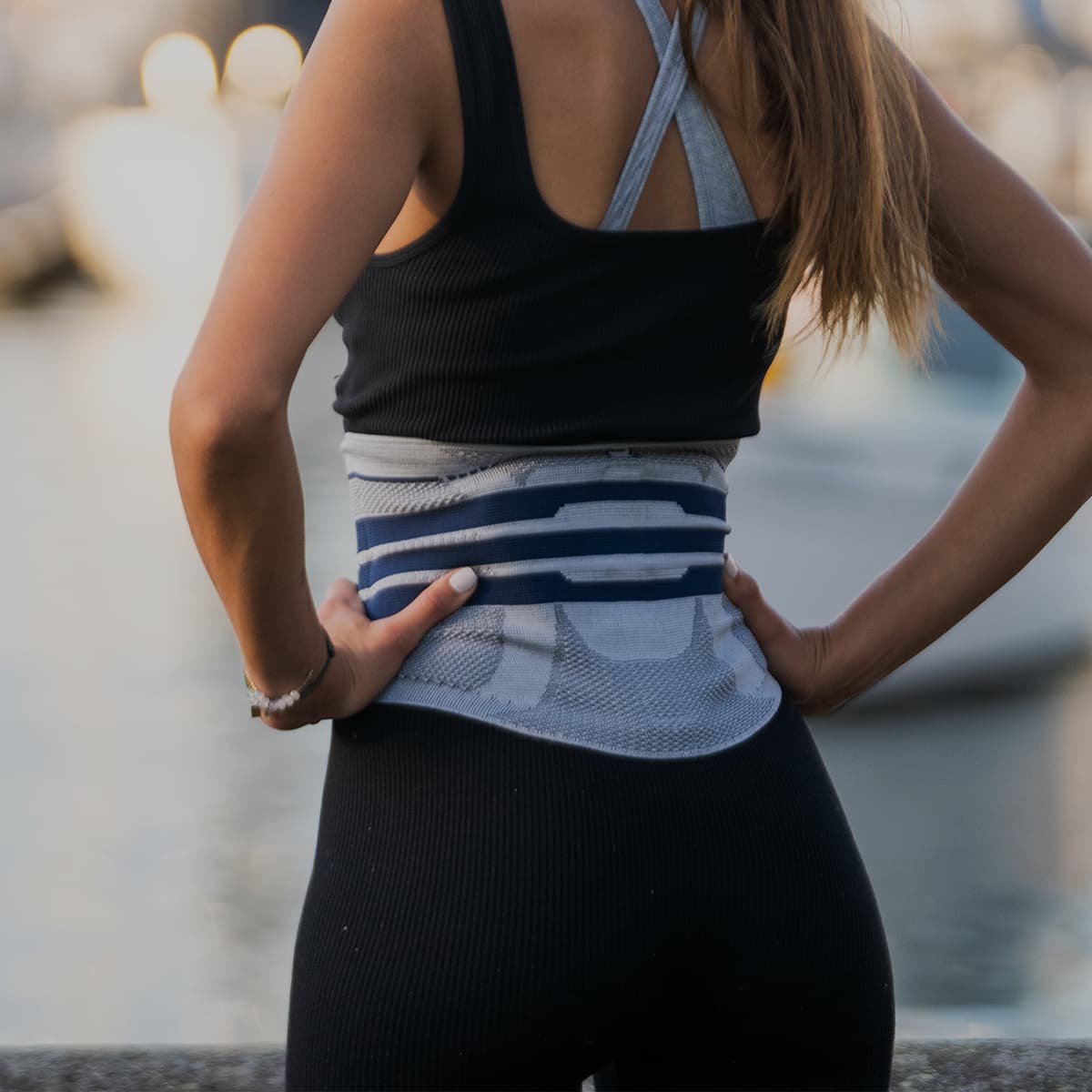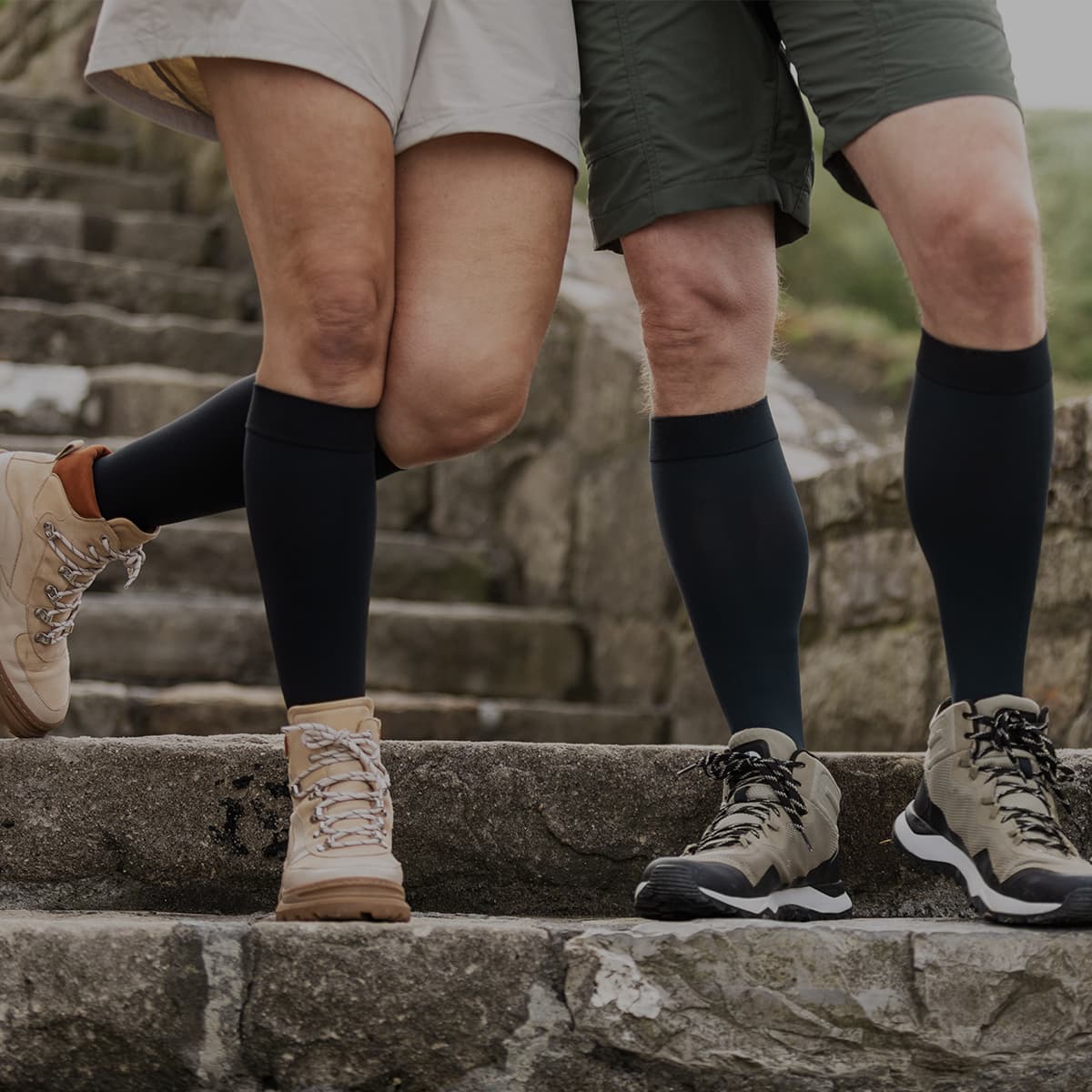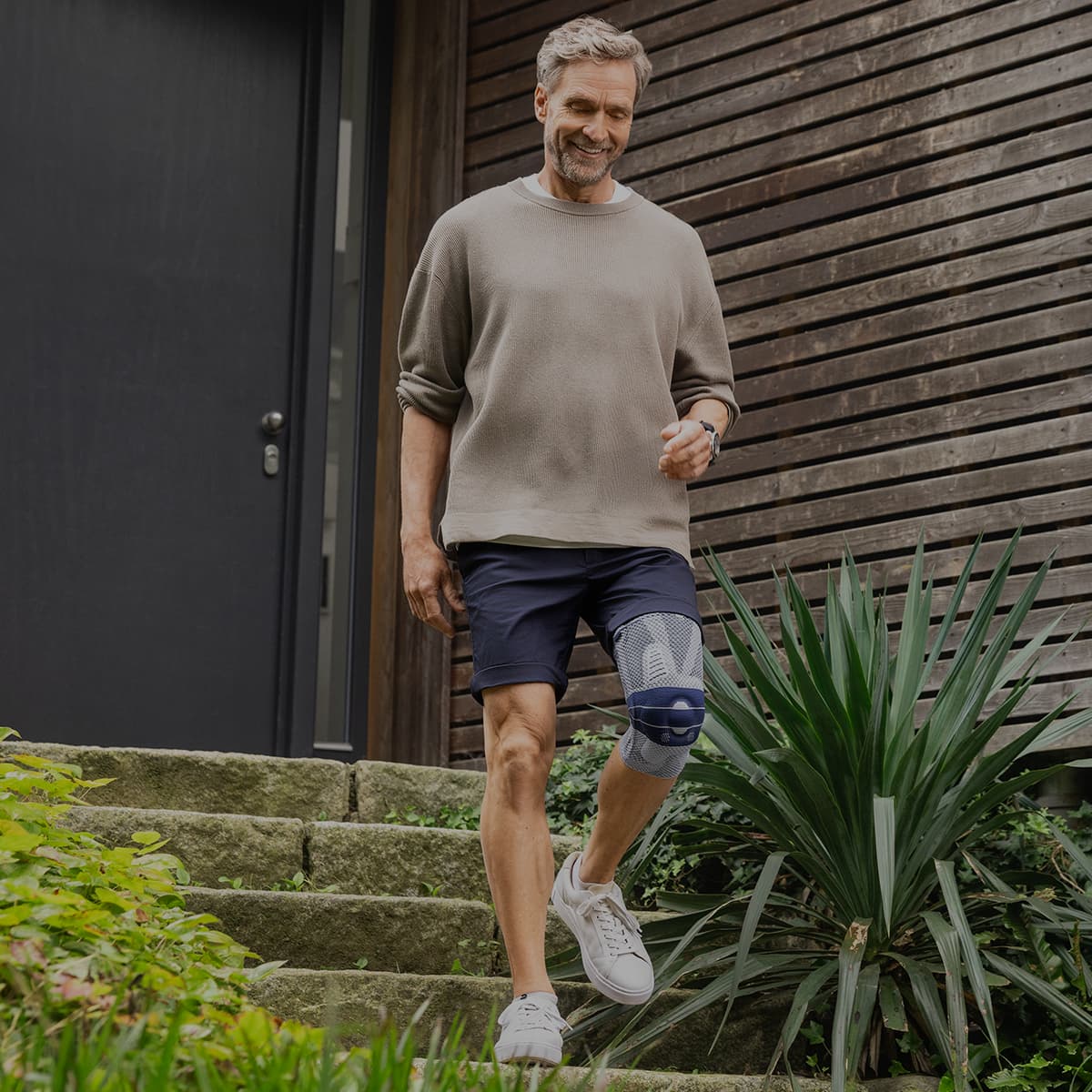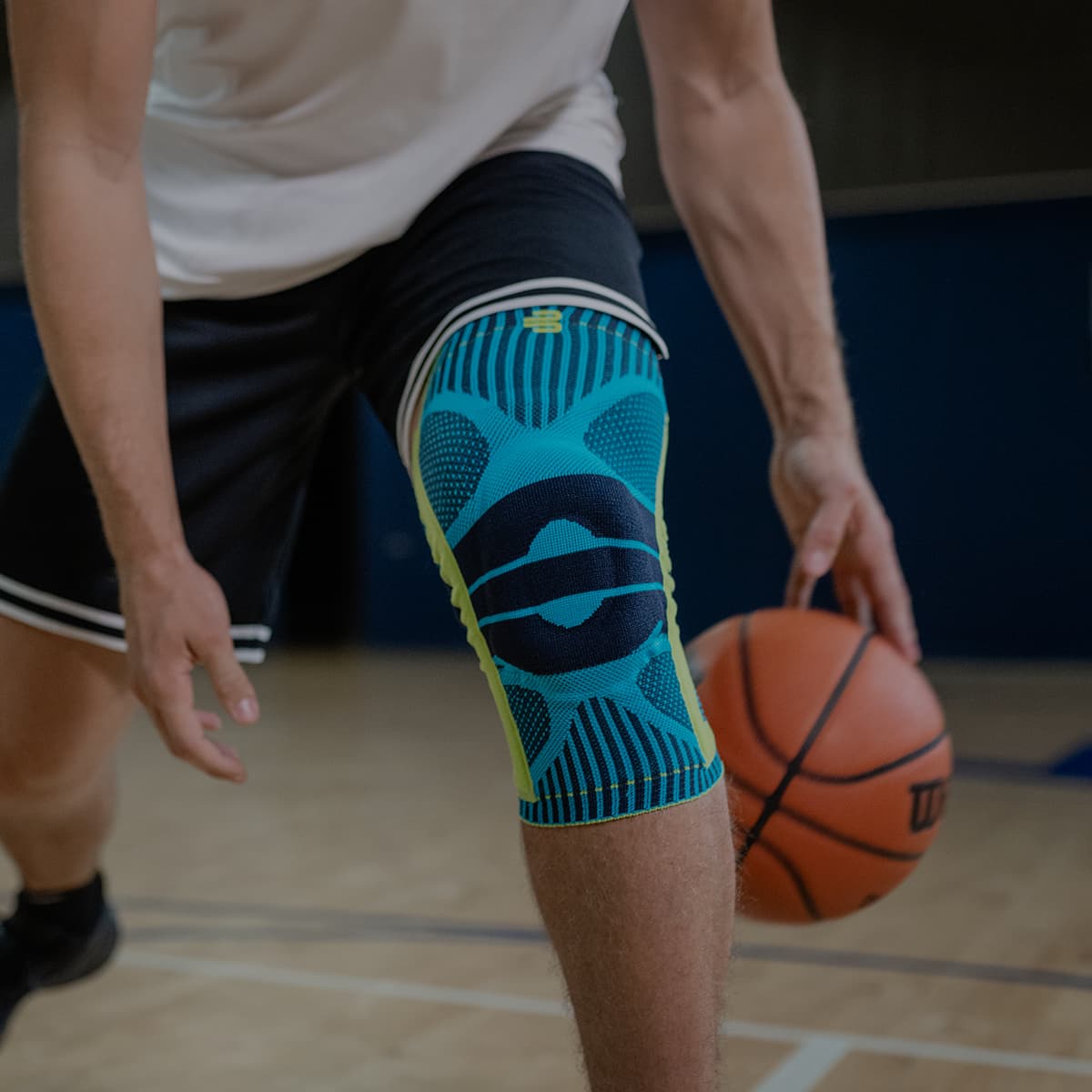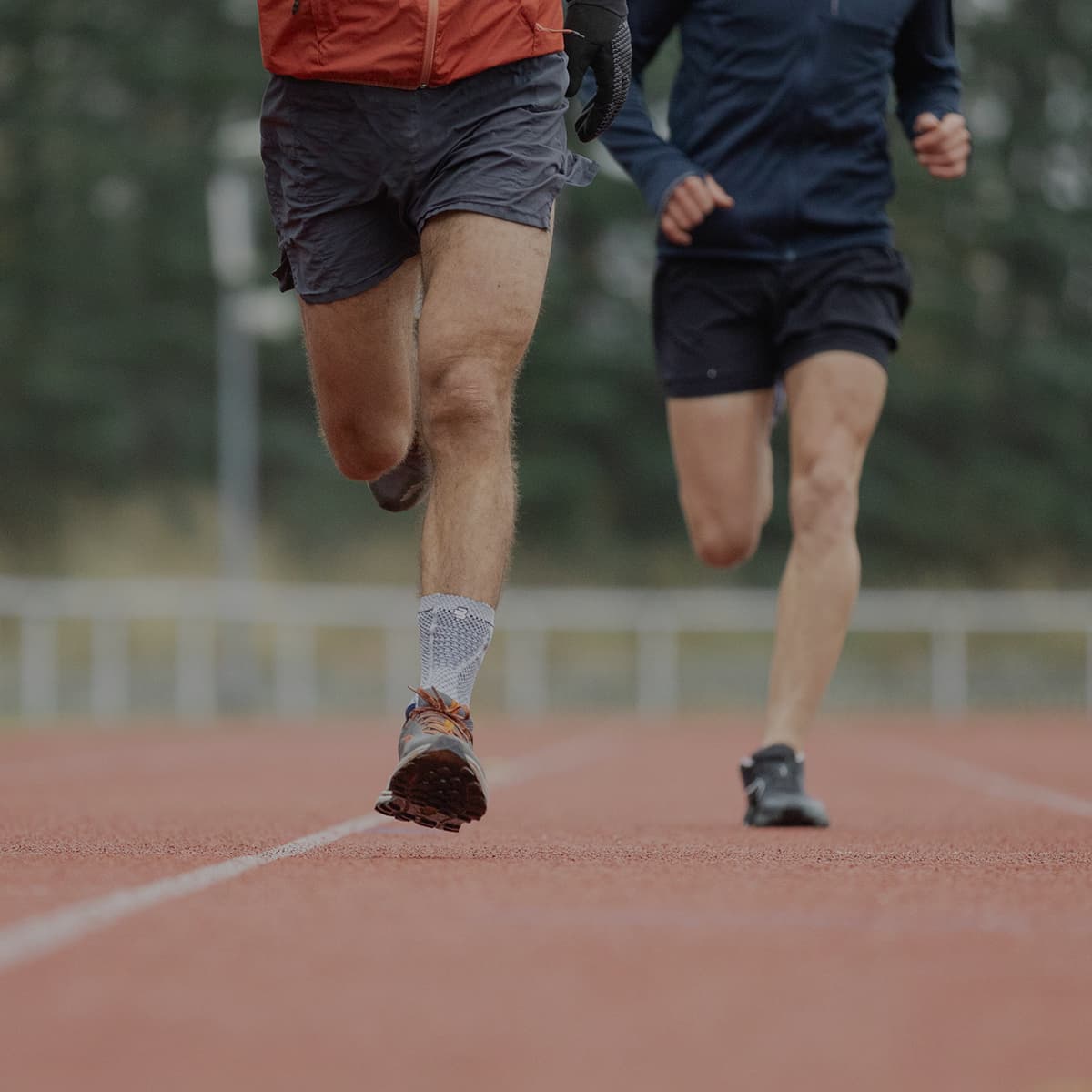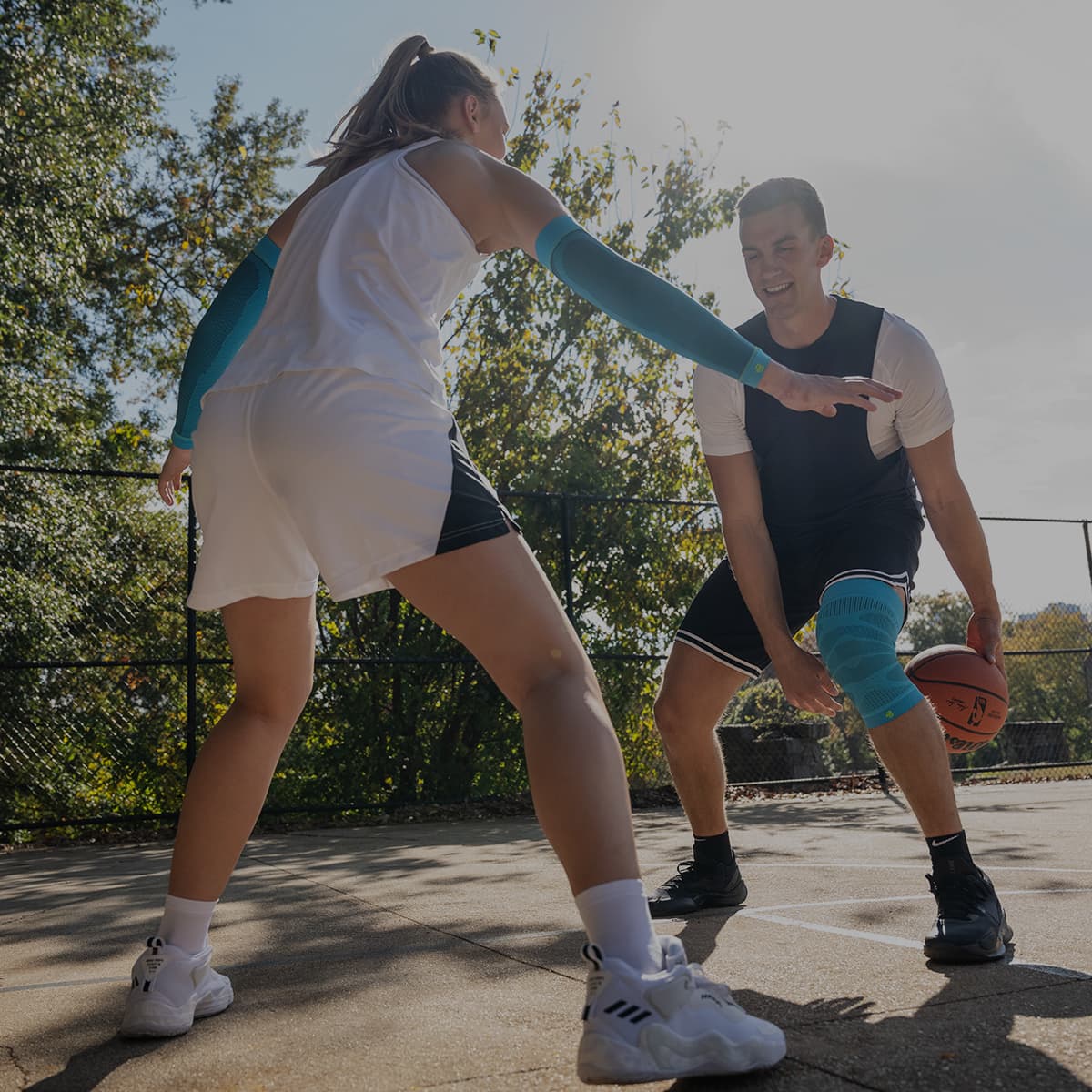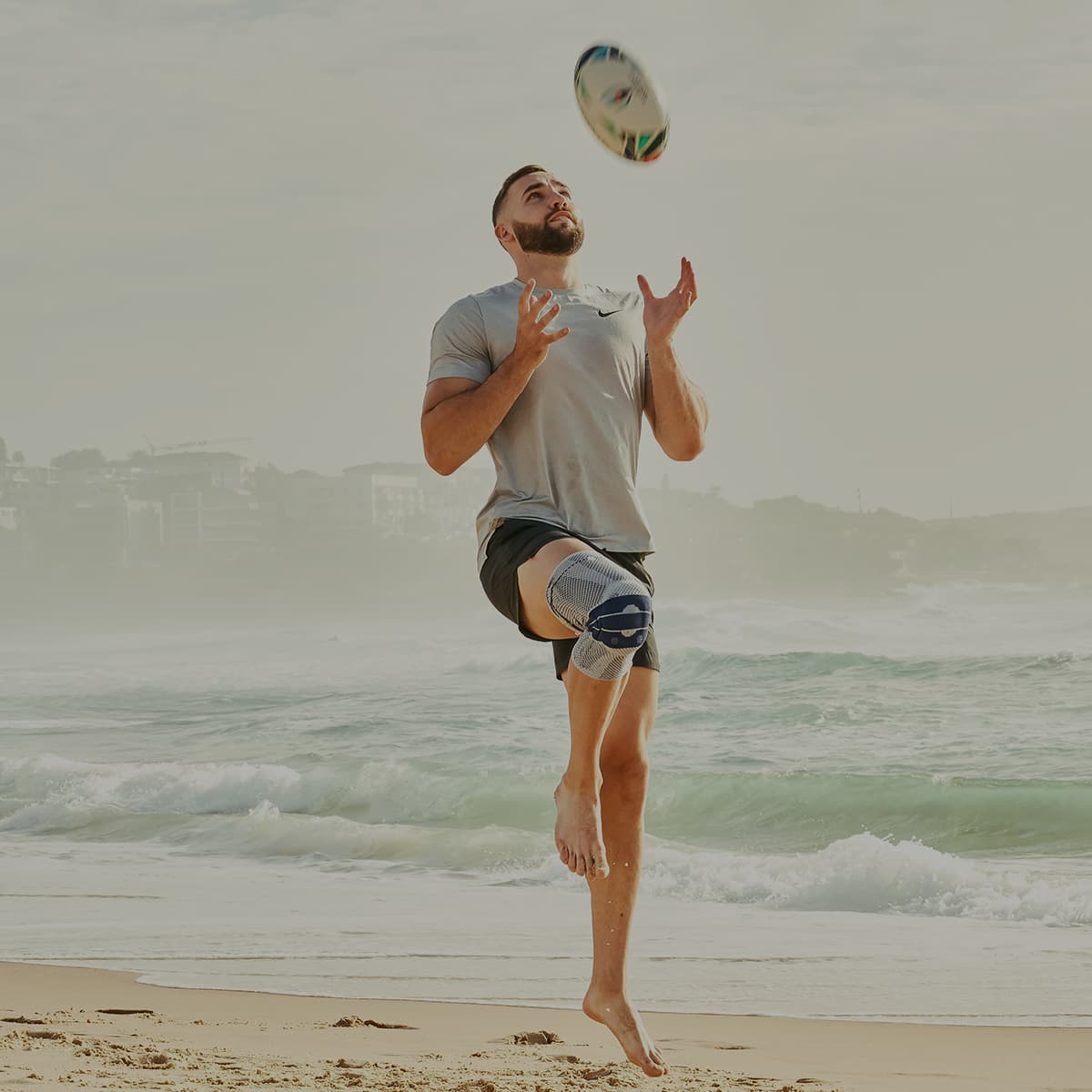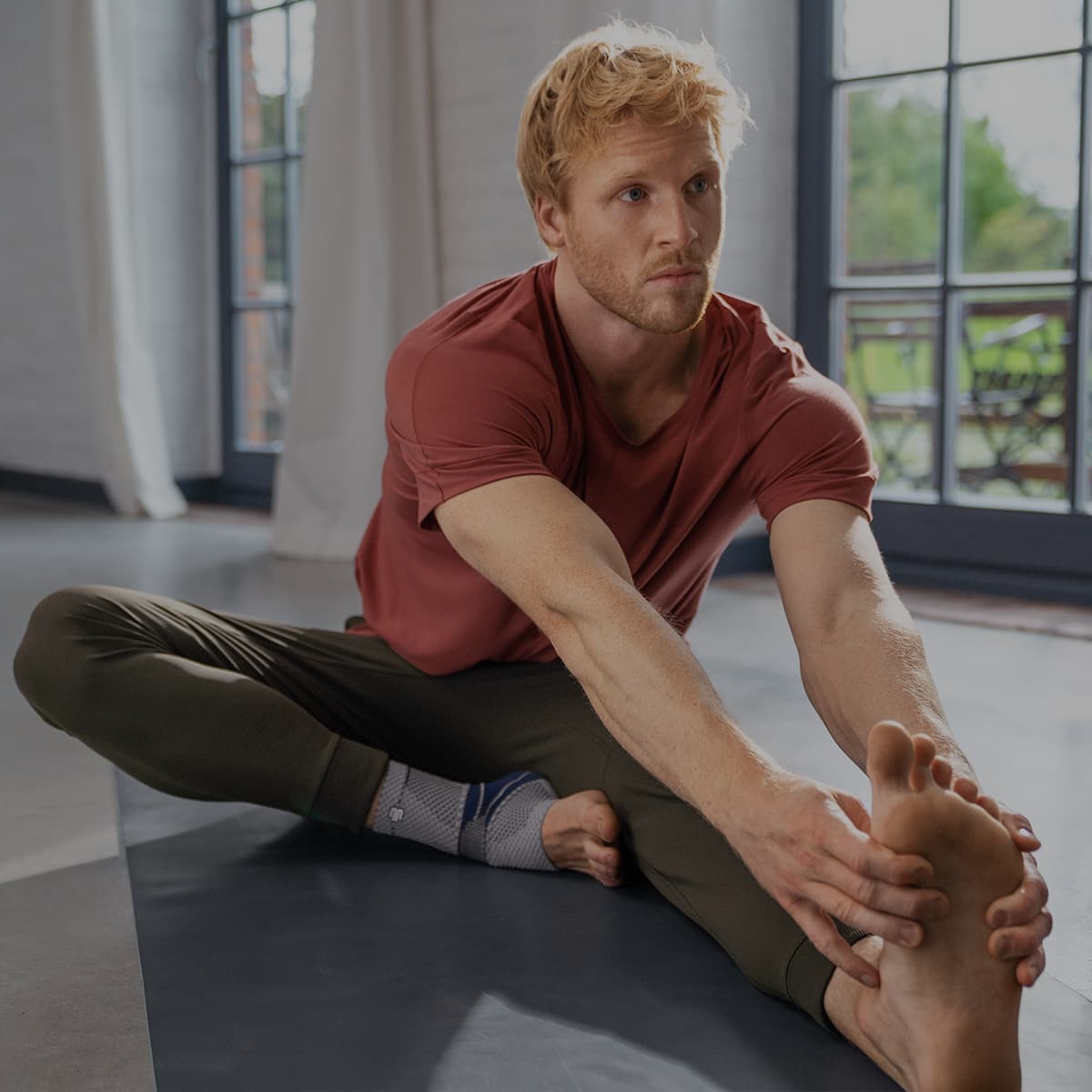CAN I RUN AFTER A MENISCUS REPAIR SURGERY?
Meniscus tears can be identified by tearing sound accompanied with knee pain. The meniscus tissue cushions the bones which make up the knee joint.
Thus, running after a meniscus tear repair or arthroscopic surgery is not advisable. It can not only exacerbate the injury but also increase risk of long-term pain and developing osteoarthritis.
The meniscus repair surgery involves removal of the torn portion of the meniscus tissue.
The recovery time can take upto a few months, depending on the severity of the tear.
It is best to put off running and consult with your surgeon - most likely, you will be referred to a physiotherapist for rehabilitation.
It is recommended to get back into running transiently after a meniscus repair. Initially, it is best to take a few days break in between your runs.
Wearing a medical knee brace such as GenuTrain S Hinged Brace can aid in stabilizing the knee and recovery during your runs.
The lateral support provided by the side struts and hinge joint improves your proprioception which can become impaired after a knee injury.
The medical grade compression improves the recovery of the knee joint by stimulating muscle regeneration.
As you move, the visco pad provides a soothing massage effect to reduce swelling, inflammation and pain associated with meniscal repair.

